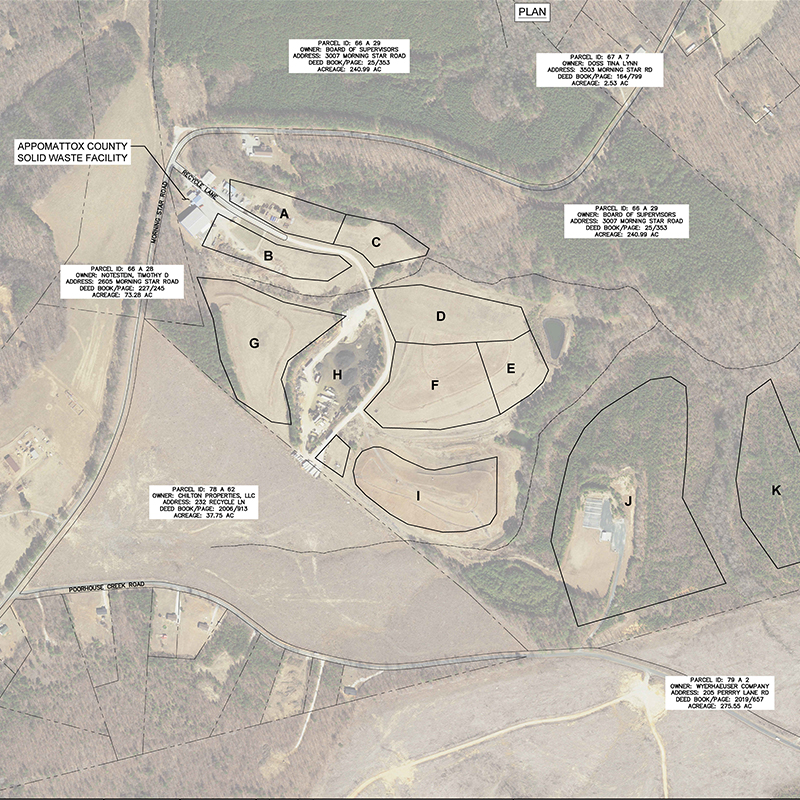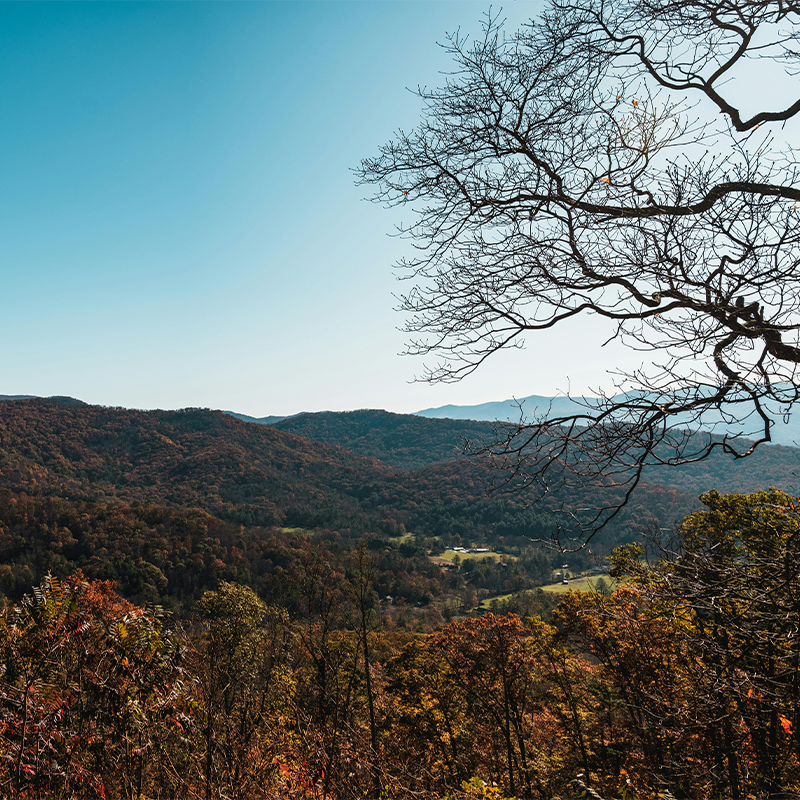
1 Year Since Helene: Hope, Healing, and Boots on the Ground
When Hurricane Helene swept through Western North Carolina, McGill quickly mobilized to provide on-the-ground expertise and guidance during a time of crisis. On Friday morning, Asheville Office Manager, Mark Cathey, recognized the devastation Helene had left behind and knew McGill would be part of the recovery. On Saturday, he was on the road—visiting residents in Canton and Clyde before reaching out to communities across the region. While no storm in recent history has matched Helene’s impact on the region, our team’s experience with Tropical Storms Ivan and Frances gave us a foundation for navigating the critical “next steps” of recovery.
Michael Hanson, Vice President at McGill, has deep knowledge of FEMA processes. He quickly joined recovery efforts in Western North Carolina. He worked alongside local leaders to explain FEMA requirements, ensuring they understood how to properly document damages to secure funding. From Canton and Clyde to communities across the mountains, McGill’s team stepped in where we were needed most. Below are just a few examples of how we helped localities get back on their feet in the aftermath of Helene.
Fletcher
The Town of Fletcher experienced unprecedented flooding as the French Broad River surged to 30 feet. This flooding closed roads and inundated areas for the first time. Bill Moore Community Park, where McGill previously led improvement projects, suffered damage along the greenway trail and throughout the park. Civil Practice Area Leader, Ben Cathey, and Land Planning and Recreation Practice Area Leader, Mike Norris, were instrumental in the original improvements, and the park remains a cornerstone of Fletcher’s recreation and community life.
Chimney Rock Village
In Rutherford County, Chimney Rock Village is a beloved tourist destination and home to nearly 200 residents. After Helene, the Village faced multiple challenges: flooding, business closures, reduced tourism, and significant road damage. The Village has one main road, and its placement between the Rocky Broad River and mountains required innovative approaches to recovery and repair. Right after the storm, the North Carolina Department of Transportation (NCDOT) temporarily rerouted the Rocky Broad River to prevent further flooding and established a temporary road to allow for traffic.
McGill assisted with sewer system expansion and a temporary wastewater treatment plant while repairs progressed. Our water and wastewater team, led by Senior Project Manager, J Meliski, has worked alongside Chimney Rock for years, and we are grateful to continue supporting the Village during recovery.
Burnsville
The Town of Burnsville, which is in Yancey County and is the gateway to Mount Mitchell State Park, also felt Helene’s impact. For Burnsville’s water infrastructure, replacing the raw water intake is the priority need. Fortunately, McGill’s water and wastewater team, led by Mike Dowd (the Water / Wastewater Practice Area Leader), was collaborating with the Town on an intake project prior to the storm. This familiarity allowed us to transition seamlessly into designing a resilient replacement.
McGill is also repairing and strengthening the Bakers Creek sewer pump station, which is a system we were familiar with before Helene. Additionally, we are helping Burnsville identify priority projects for which it can pursue State Revolving Fund (SRF) Helene recovery funding. As a long-time client, Burnsville is paving the way for a stronger, more resilient future, and we are proud to stand alongside them.
Moving Forward
Hurricane Helene was devastating. The storm and flooding caused widespread damage, heartbreak, and uncertainty across Western North Carolina. Yet amid the destruction, resilience and determination have defined the region’s recovery.
McGill is grateful for the opportunity to serve both long-standing clients and new communities. We are proud of the progress made this past year and remain committed to helping communities recover and build resilience that lasts into the future.
Read more about Helene’s impact on the region at this link.


